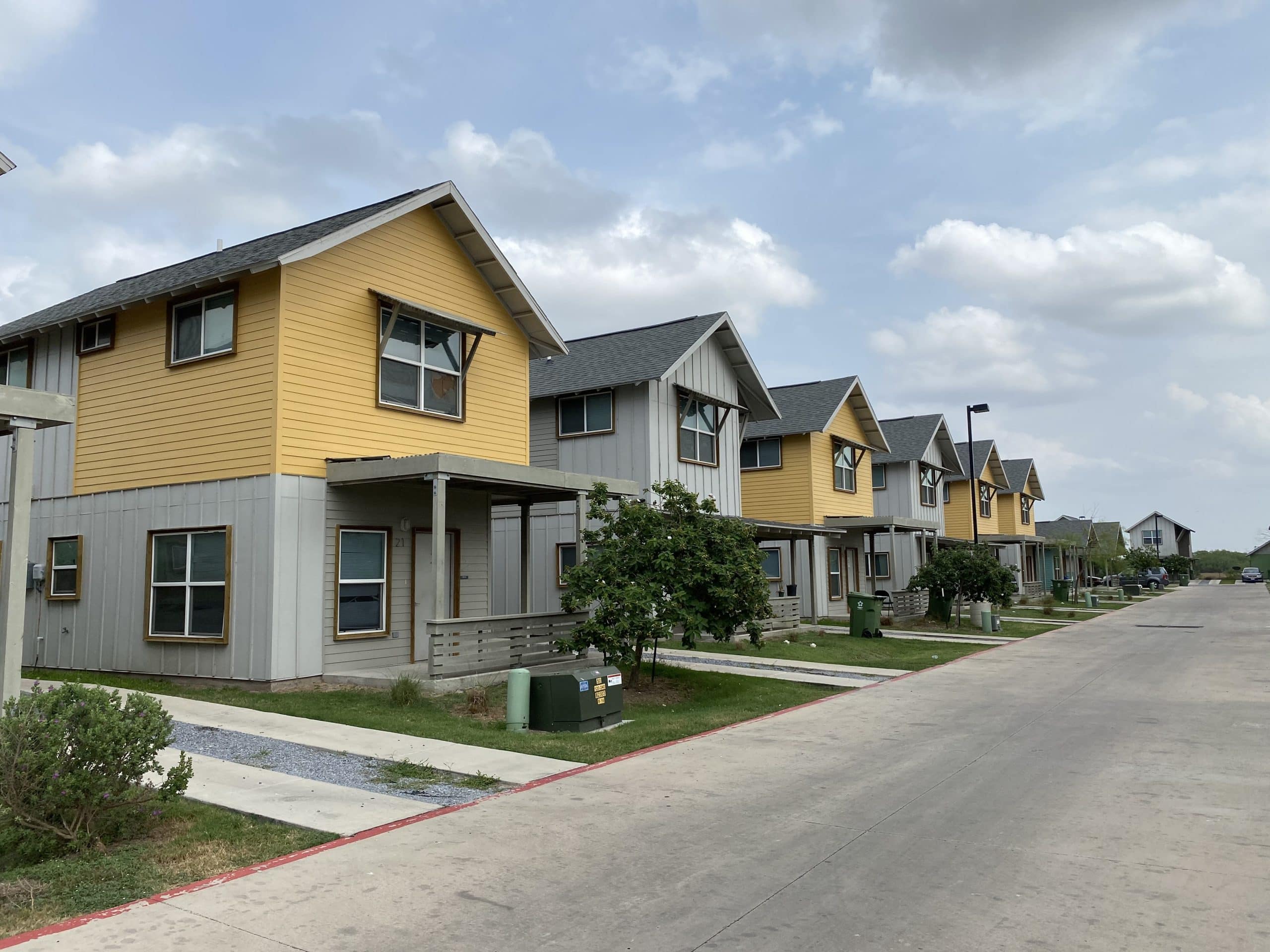Selected feedback.
You said:
“Yes. It’s been my experience that nonprofits often do and should manage scattered site rental units. This is an especially good idea if the nonprofit has sufficient numbers of highly skilled staff who are grounded in the neighborhoods of the scattered sites. Providing quality, supportive and fair property management can be harder to come by within the pressurized realm of for-profit, “balance-sheet-profit-margin-driven” property management. Some for-profit property managers/owner default to a one size fits all management model in order to ensure profit margins or ROI. In my opinion, certain large interstate for-profits can prove to be disconnected from local community dynamics, socioeconomic changes, and other challenges that affect residents of rental housing.”
“Yes, but only if they cluster and have live-in property managers.”
“Yes, nonprofits can manage scattered site rentals both in areas where public housing agencies do not exist and in areas where they exist but where clients benefit from more options.”
“Yes, but there would be a need to create that capacity. Only a few [nonprofits] currently have the staff or management skill to do his. Beyond Housing in St. Louis is one of the best at this.”
“Yes. 1) Rental housing is an important variable to work with in the stabilization of neighborhoods. 2) Many times for-profits lead the charge to develop affordable rental housing, and this development usually includes a nonprofit as a funding partner, but not as a decision coordinator. The current funding models, such as LIHTC, mean that the capital requirements to be able to develop multi-family affordable rental are usually out of reach of most nonprofits, and thus single-family (one- to four-unit) rentals are much more realistic for nonprofits to lead the development of. 3) Scattered-site rentals provide nonprofits with a strong physical presence and stakeholder role within a neighborhood, enabling them to be more involved in local political lobbying and neighborhood change. These units also allow non-profits to demonstrate property condition standards and rental units can serve as demonstration units for many different programs.
“No. But if they do, then only in limited circumstances with well-funded support. It’s nearly impossible to do well under the best of circumstances.”
“Yes. Scattered site or not, property management is a service business. Nonprofit leadership that embraces that role, while delivering efficient care of the asset, will be successful.”




Comments